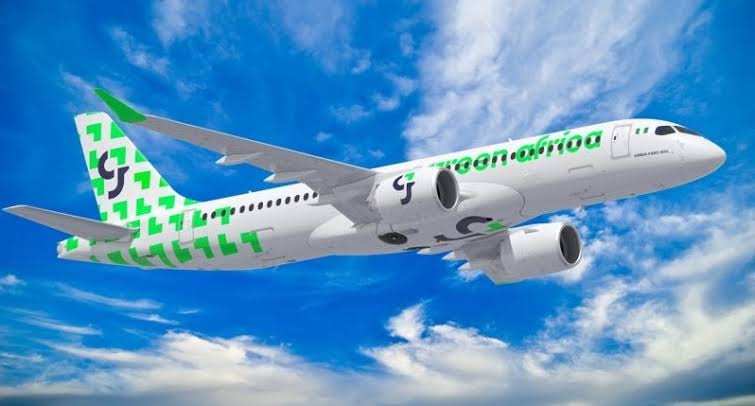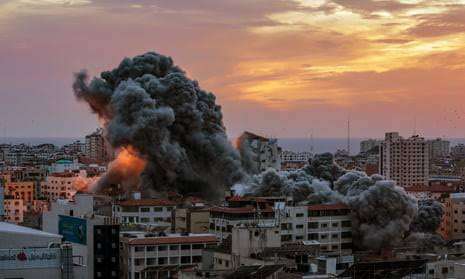Editorial
Danger in the air

Unlike what obtained in the past, recent developments in the Nigerian aviation sector are raising concerns about the safety of traveling by air in the face of worsening business environment, with a high tendency of exposing airlines to the temptation of cutting corners.
The airline business in Nigeria is at present facing an existential threat triggered by a conspiracy of acute scarcity of foreign exchange and escalating price of aviation fuel (Jet-A1), rising from merely N200 per litre about a year ago to close to N900 a litre at present.
A fortnight ago, Azman Air escaped from what would have placed it on the list of airlines that have been temporarily out of the nation’s airspace, for failing requirements for renewing its Air Transport Licence (ATL).
The Nigeria Civil Aviation Authority (NCAA) had suspended the airline a day earlier – two months after grounding Aero Contractors and Dana Air, reflecting the crisis in the aviation sector.
Had the suspension remained, the number of commercial airlines operating in the nation’s aviation sector would have been shrunk to seven from 10 in less than three months after the NCAA shut down the operations of Dana Air indefinitely for audit amid financial struggles and recurrent flight incidents.
Nigeria’s oldest airline, Aero Contractors, had few days earlier announced temporary shutdown of its operations due to the high cost of operation, especially the hike in price and scarcity of Jet A1 as well as unavailability of foreign exchange to purchase spare parts for grounded aircraft.
With the temporary shutdown of Aero Contractors, indefinite suspension of Dana Air shut and now narrow escape of Azman Air, airlines presently operating in Nigeria include are Air Peace Arik Air Azman Air, Green Africa, Ibom Air, Max Air, Overland and United Nigeria Airlines.
Dana Air, it was gathered, was shut down due to financial struggles as the airline was no longer in a position to meet its financial obligations and to conduct safe flight operations, as well as, frequent incidents.
For instance, before the suspension, one of the airline’s aircraft, Boeing 737 with registration number (5N DNA), with over 100 passengers bound for Abuja had an engine failure. The pilot, however, made an emergency landing and the aircraft was grounded.
Also, in May, 2022, the airline’s Lagos bound MD-83 aircraft with registration number 5N-JOY, had its tyre burst and immediately caught fire. The aircraft with 50 passengers on board was immediately evacuated as the pilot aborted take-off. These could be indicators of worse things to come in the critical sector.
According to the NCAA, a significant number of airplanes operating across the country are currently grounded due to the crisis rocking aviation sector. Speaking at a recent stakeholders meeting in Abuja, Director General of NCAA, Captain Musa Nuhu, said the fleet of aircrafts were grounded until their owners carried out adequate maintenance on them.
Nuhu’s statement confirmed the report released on June 30, 2022 by Ch-aviation, a global agency with database of airlines in the world that only 44 aircrafts were operating in Nigeria, while 79 were grounded at the time.
Also compounding the cost of operations of airlines is the huge and mandatory insurance premium in the aviation, which operators now find extremely difficult to pay. Despite Nigeria’s low air crashes, insurance firms, especially those based overseas, charge the country’s airline operators high premiums, relying on bad rating of African airlines in terms of safety.
There is no doubt that the local airlines are battling for survival at the moment. Everything must be done now to save the crumbling aviation sector. Since flying is generally adjudged as the safest and fastest means of travelling, the local airlines should not be allowed to die. Any policy that is detrimental to the survival of the sector must be jettisoned.
The challenges facing local airlines should be tackled head-on. The way forward is to improve safety in the sector. There is need for adequate security at the airports. Above all, providing modern navigational equipment and addressing the forex scarcity and aviation fuel crisis is crucial.
Since there is no parking space in the air, anything short of international safety standard as a result of the present crisis in the sector can trigger a disaster that the country can barely recover from. A stitch in time saves nine.









